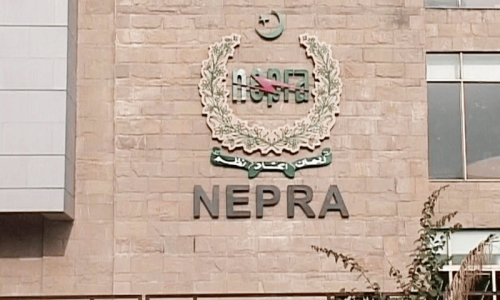NEW DELHI: The European Union (EU) refused to take part in a rare diplomatic visit to India-held Kashmir starting on Thursday because they would not be allowed to meet detained local politicians, reports said.
The two-day foreign diplomatic trip is the first since New Delhi stripped the restive Himalayan region of its autonomy and sent in tens of thousands of extra troops in August.
The security lockdown and communications blackout, still only partially lifted, has drawn international criticism including in Brussels and Washington.
“EU envoys don’t want a guided tour of Kashmir. We want to meet people freely of our own choosing,” the NDTV news channel quoted one European diplomatic source as saying.
Says envoys want to meet people freely of their own choosing
In particular, they wanted to meet three former chief ministers, Farooq and Omar Abdullah and Mehbooba Mufti, who are still locked up, daily newspaper The Hindu reported. The three have been under house arrest or kept at a government residence for the past five months.
Both Omar and Mufti, the leaders of the two political parties that have historically dominated Kashmir, were among hundreds of political and civil society leaders detained during the August crackdown and remain in custody.
The action has drawn global criticism, including from German leader Angela Merkel, who said in a November visit to India the situation in valley was “not sustainable”.
The Indian foreign ministry said that envoys from 15 countries — including the United States, South Korea, Nigeria and Argentina — would take part in the visit to the disputed region. In October, around 30 European lawmakers — many from far-right parties — visited but without the official blessing of the EU and the Indian government insisted it was a “private” initiative.
Observers said the visit was a government’s attempt to give the impression that life in the disputed region has returned to normal.
Foreign journalists have also not been allowed into the area since August, when Muslim-majority Jammu and Kashmir region were stripped of its partial autonomy and split into two regions ruled directly from New Delhi.
Prime Minister Narendra Modi said the move was to boost the local economy and end decades of violence that has left tens of thousands dead, mostly civilians.
There is still barely any internet access and only around half of mobile phones work.
New Delhi says this is to stop pro-freedom activists communicating.
Diplomats from several other countries said they have privately raised concerns about human rights in the valley with counterparts in the foreign ministry.
Published in Dawn, January 10th, 2020











































